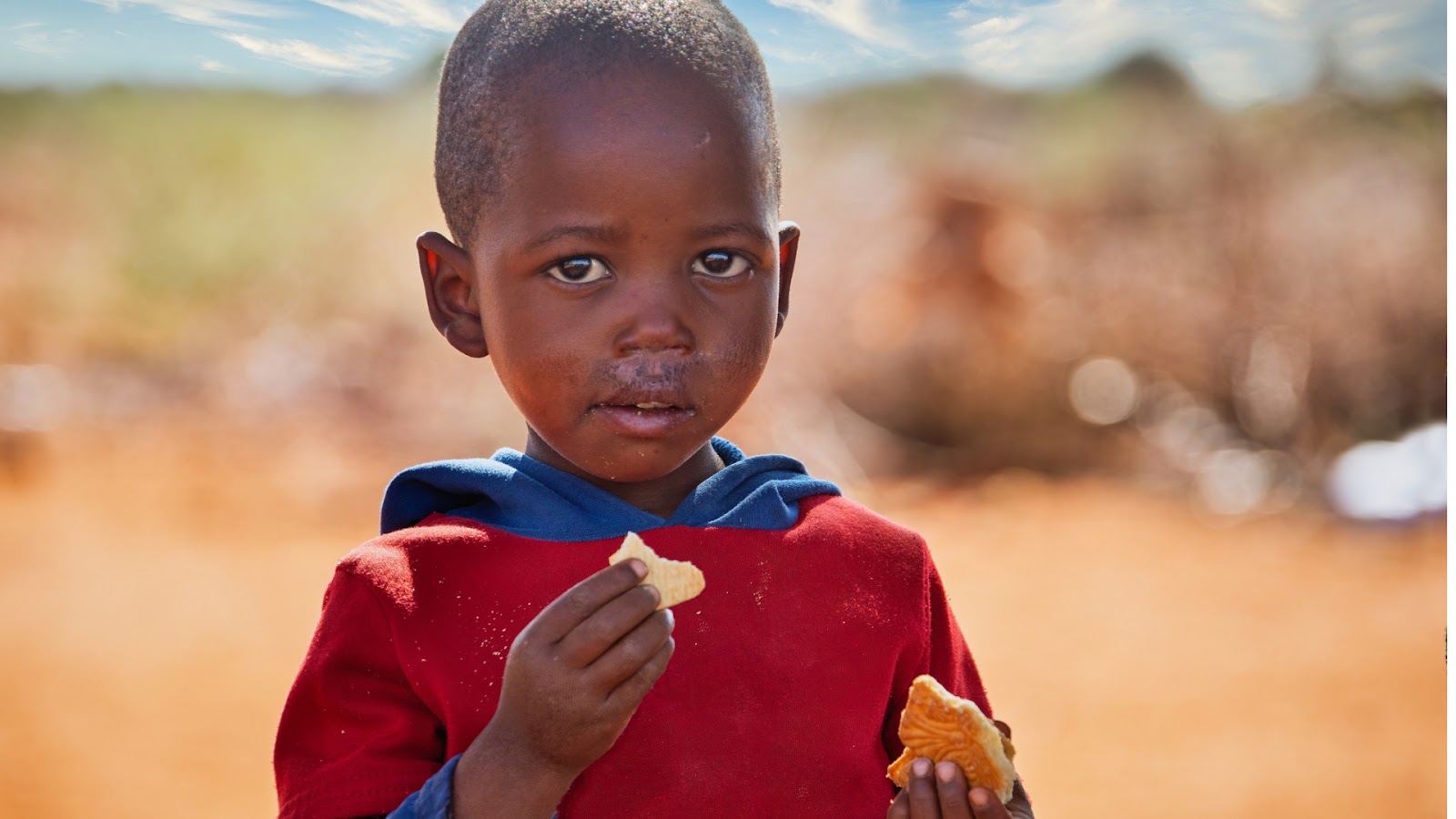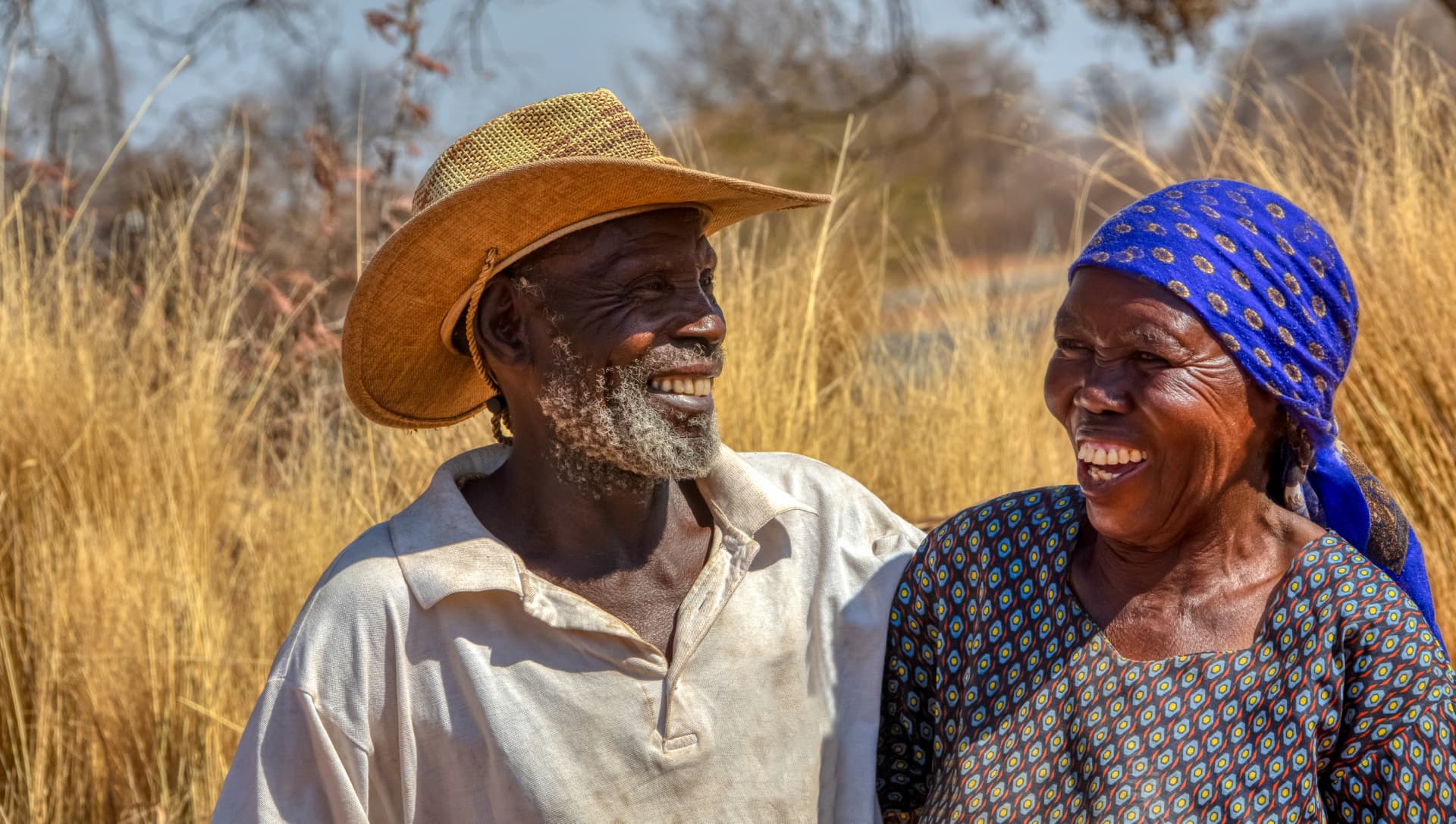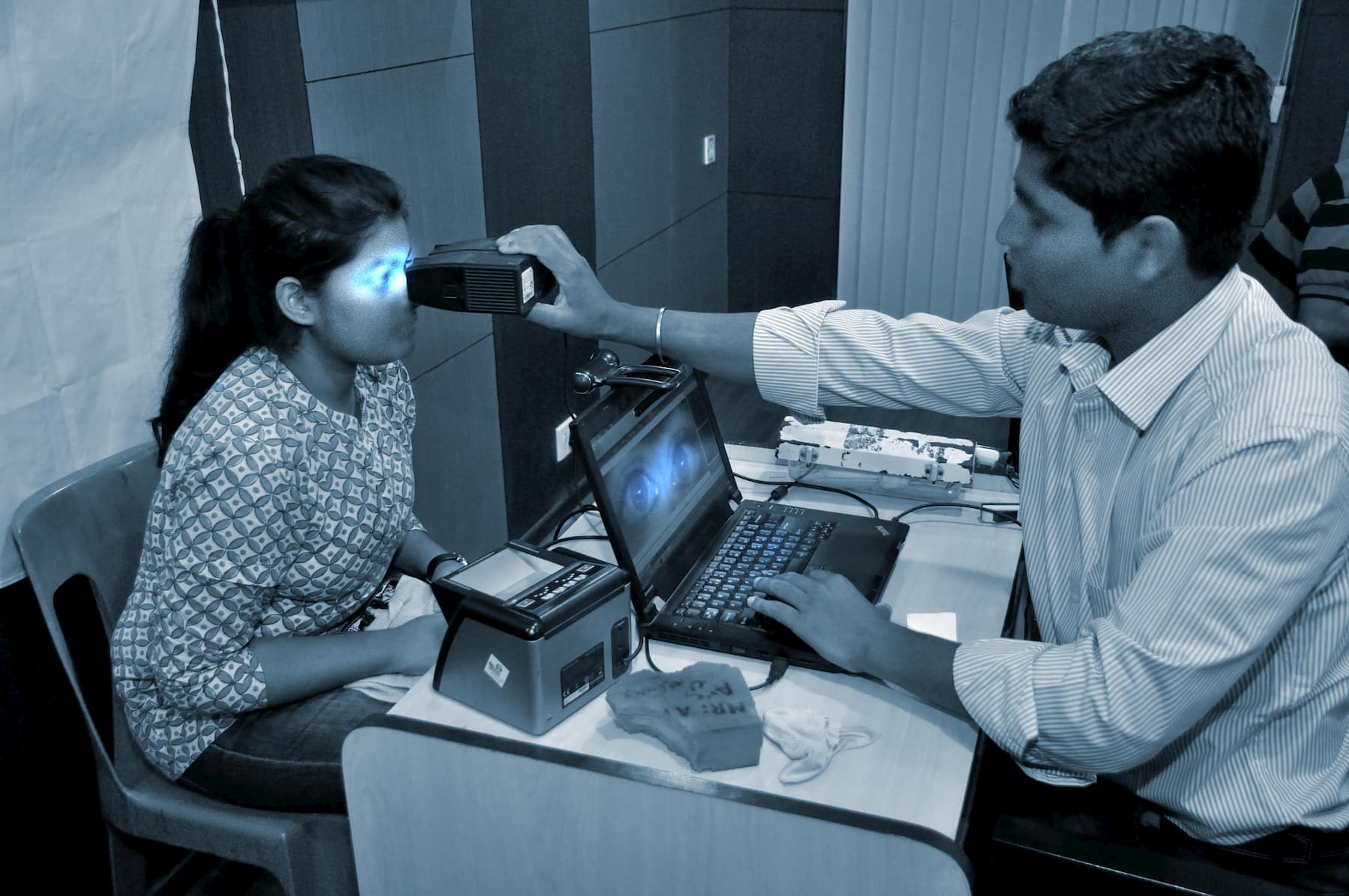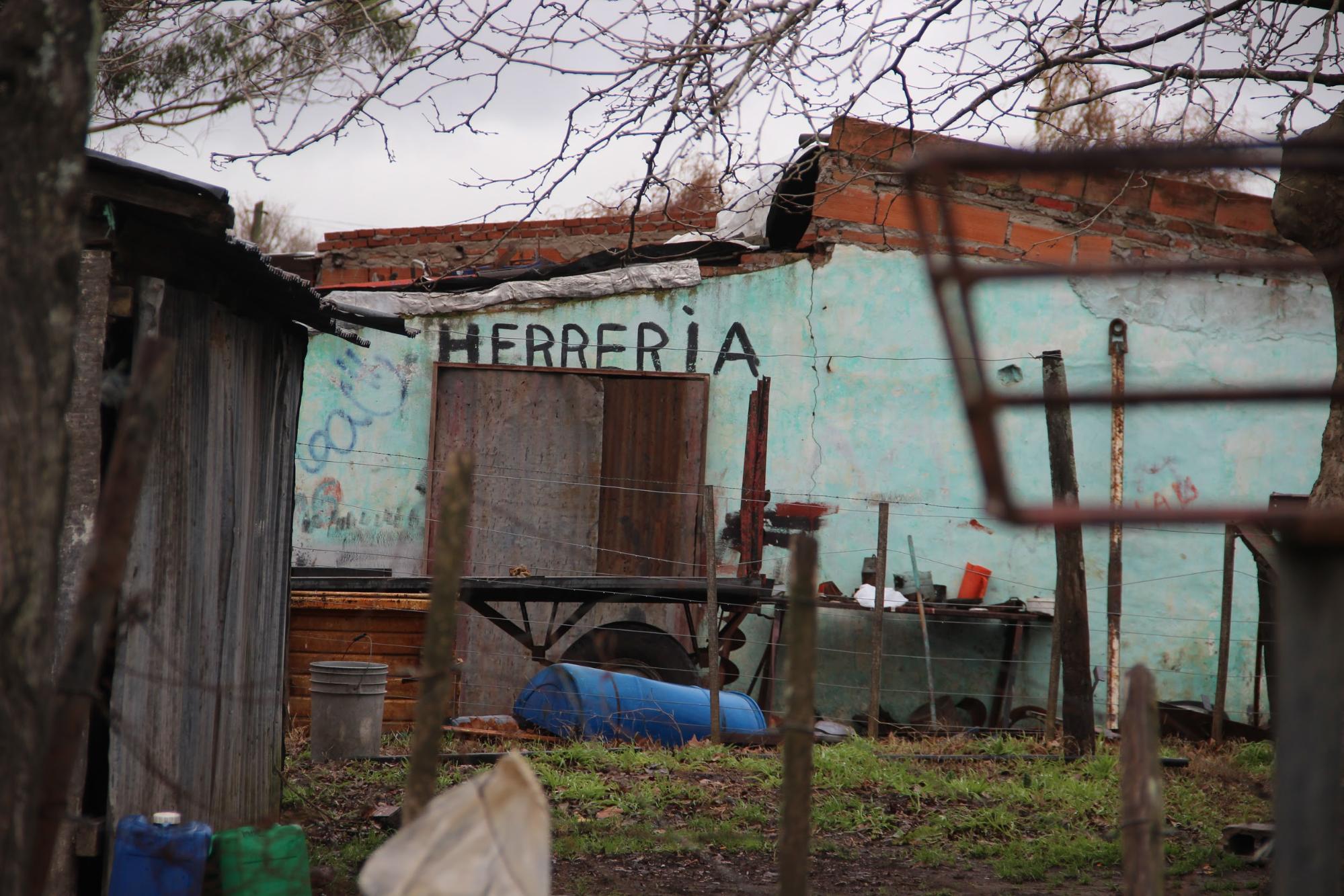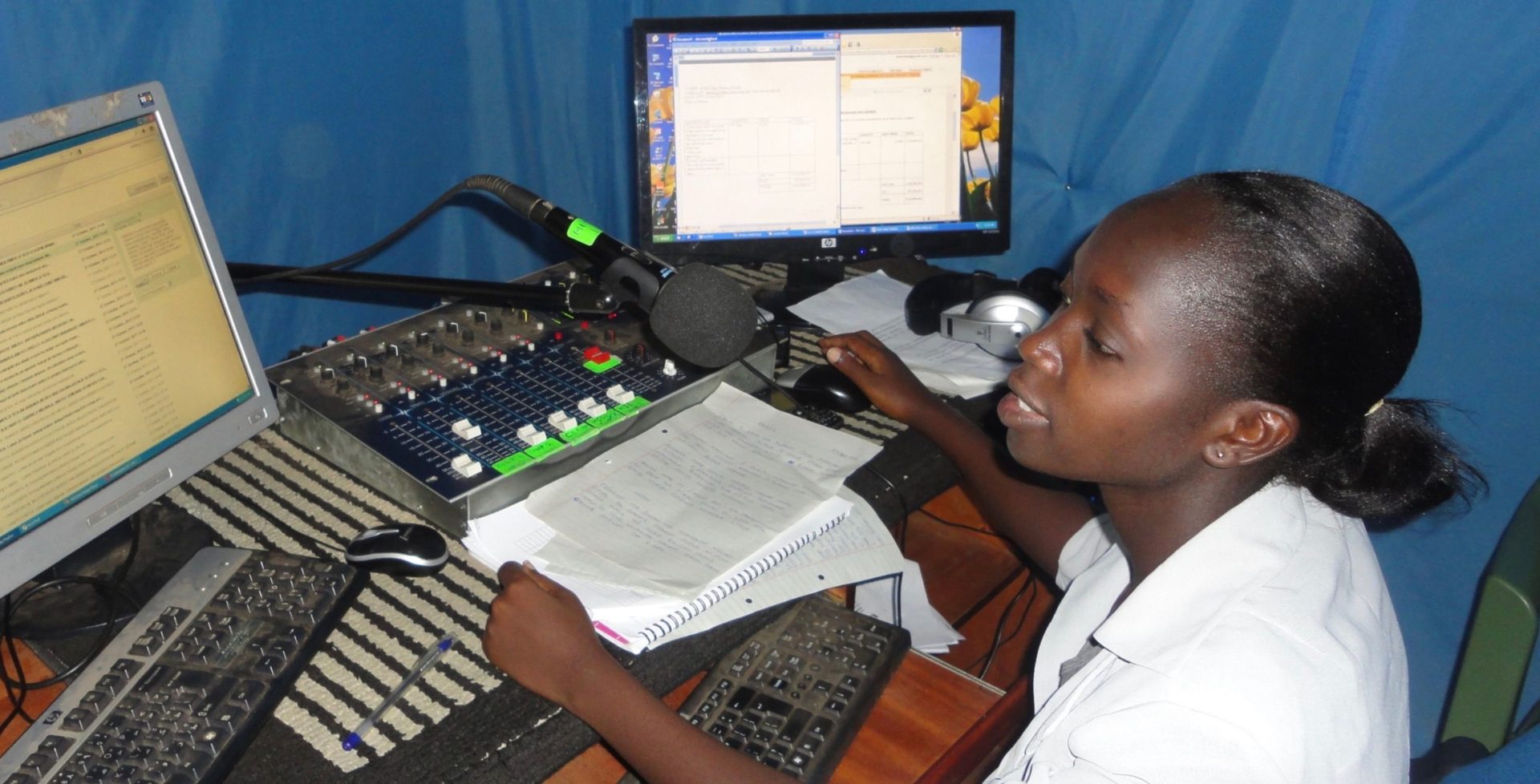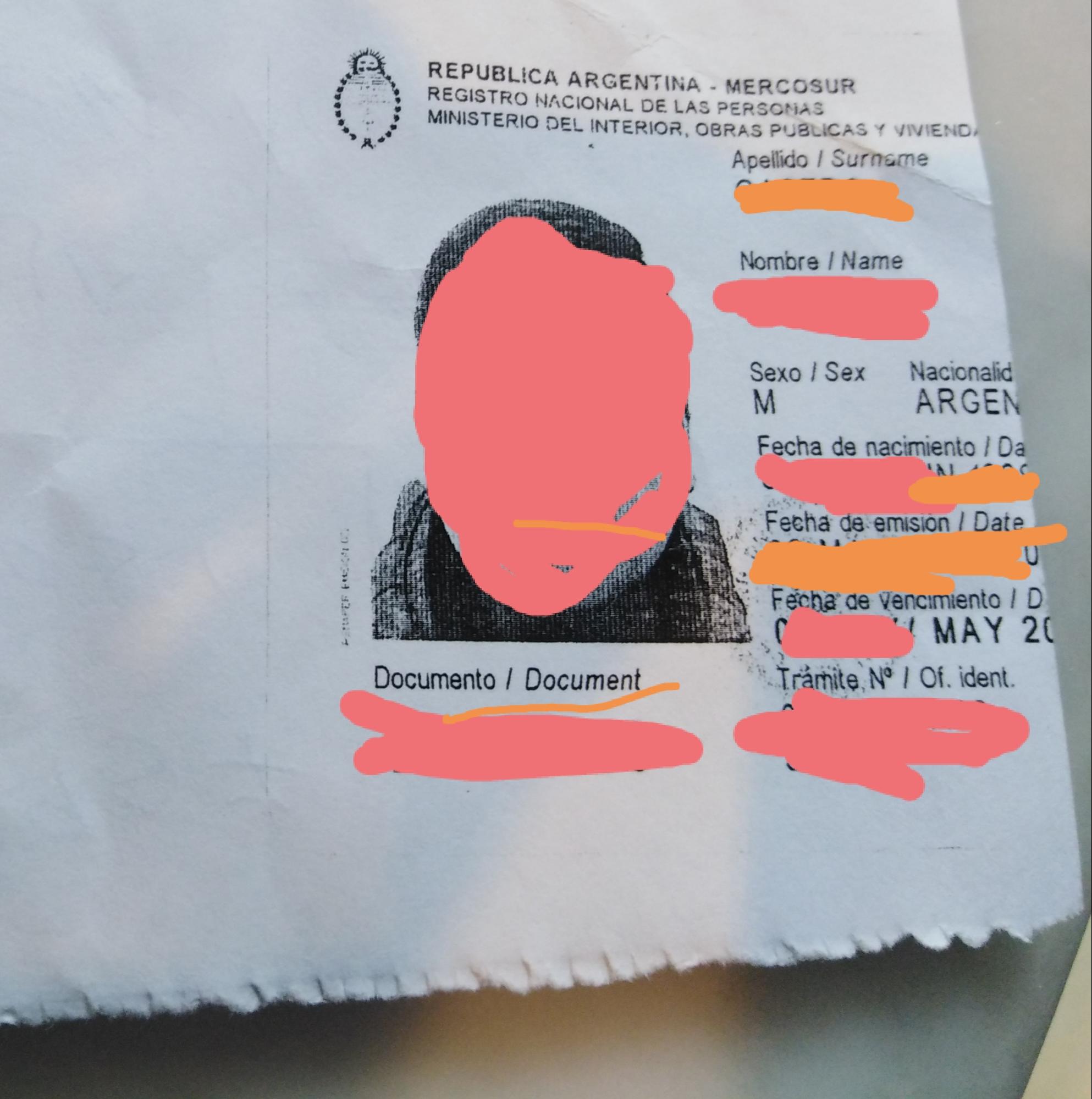Research
How digital identity could be used to monitor food and cash rations
As we go about our social purpose work we regularly get to speak to local, national and international non-profit organisations. Over the years, we’ve found that many struggle to understand the many ways digital identity solutions might help them in their work. As part of our wider efforts to help the sector make sense of the technology, today we’re publishing the first of six articles looking at the use of digital identities in six different humanitarian and environmental settings. Please note that, while the technology use case is real, the scenarios are hypothetical in nature, and the projects do not
African Conservation Challenge: digital identity to foster trusted community engagement
We’re excited to announce the launch of our latest social purpose initiative – an African Conservation Challenge exploring the use of digital identities to help foster authentic, trusted, dignified online dialogue between communities and other stakeholders engaged in conservation across the Southern Africa region. The Challenge is open to individuals and organisations based anywhere in Africa, and comes with a prize of $15,000. Background Historically, rural voices have been either missing or largely ignored in much of the debate and decision making around the management of natural resources, particularly wildlife, in Africa. It is widely
#MarginalizedAadhaar: Is Aadhaar a Tech Solution for a Socio-Economic Problem?
This is the fourth field diary entry from Subhashish, one of our Digital Identity Fellows. His year-long research project is focused on the challenges and opportunities within marginalised groups most affected by Aadhaar, India’s national digital ID system. *** “You cannot fix using the law what you have broken using technology” says Indian cybersecurity expert Anand Venkatanarayanan, quoting Professor Sunil Abraham at the Kenyan High Court. Venkatanarayanan was appearing as a witness for the Nubians, a discriminated community for whom the Kenyan biometric database National Integrated Identity Management Scheme (NIIMS, also known as Huduma Namba) would create further exclusions
The personal cost of accessing COVID financial support in Argentina
This is the fourth field diary entry from Paz, one of our Digital Identity Fellows. Her year-long research project is focused on unravelling what digital identity, and identity in general, means to the unemployed and under-employed individuals receiving support from public job centres and local labour organisations in Gran Buenos Aires and Mar del Plata in Argentina. ***** There’s little doubt that the Coronavirus pandemic is accelerating the digitisation of people’s everyday lives, in some places acting as an excuse to push certain groups to engage with technology and institutions in ways that might have seemed unlikely a year ago
Numbered Humans: the new podcast from our Digital Identity Fellows
We’re very excited to announce the launch of Numbered Humans, the new podcast from our 2019 Yoti Digital Identity Fellows. In each episode, you’ll hear from Paz Bernaldo in Argentina, Tshepo Magoma in South Africa and Subhashish Panigrahi in India, as they reveal some of the key issues that have emerged during the first six months of their research. Digital identity in marginalised communities The COVID-19 pandemic is affecting the livelihoods of hundreds of millions of people around the world and, as expected, the worst-hit are those already living in poverty, and the excluded and marginalised. We know that
People ask me: What do you mean by ‘digital identity’?
This is the third field diary entry from Paz, one of our Digital Identity Fellows. Her year-long research project is focused on unravelling what digital identity, and identity in general, means to the unemployed and under-employed individuals receiving support from public job centres and local labour organisations in Gran Buenos Aires and Mar del Plata in Argentina. ***** The image at the top of this article is a photo I took of a piece of paper with some phone contacts I was given at a public job centre office. They had ‘recycled’ people’s ID photocopies. I walked away with

